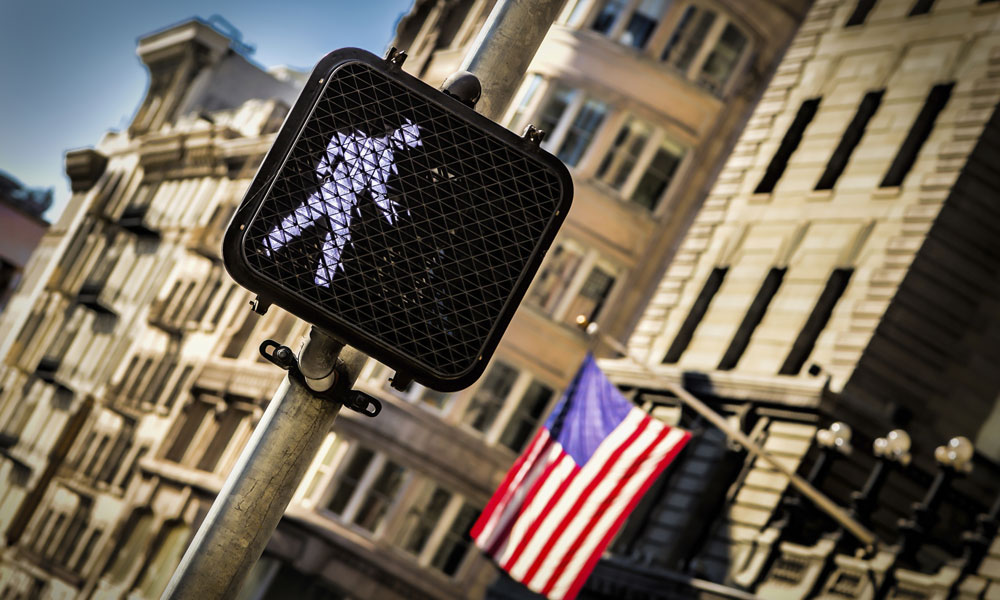
Social Media Roundup: Is Your Conference Location Walkable Enough?
A new study on walkability raises some interesting questions about meeting locations. Also: where ethics come into play for event planners.
If your conference attendees skip the rental car, are they putting themselves at risk?
Not necessarily, but a new study raises interesting questions about walkability and urban planning. Jump feet first into the issue in today’s Social Media Roundup:
Watch Where You Step
Pedestrian deaths in the U.S. are at a five-year high — you can thank 60 years of auto-centric policies for that: http://t.co/nzz9lUdgO4
— American Planning Association (@APA_Planning) May 21, 2014
Often, planning an event means taking into account myriad factors, including whether your attendees will need to walk around. A recent study by the National Complete Streets Coalition, “Dangerous by Design 2014” [PDF], ponders the impact of regions of the country where driving, not walking, has been emphasized in planning decisions over the past number of decades
“[W]e are still dealing with a legacy of roadways that fail to account for the safety of people on foot,” the study points out.
In terms of events, a number of conference hot spots showed up on the Pedestrian Danger Index, with the Orlando metro region taking first place, Atlanta earning 8th place, and the Las Vegas metro area nabbing 13th. But other event-heavy urban areas do slightly better on the index, including Chicago (44th), San Francisco (47th), New York (48th), and Boston (51st).
Part of the problem, according to Wired, is when the cities near the top of the list (largely in the Southeast and Southwest) grew the fastest.
“All of them boomed after World War II, an era when urban design and transit planning favored the almighty automobile above walking, cycling and mass transit,” writes the magazine’s Alex Davies.
With your attendees often getting by without a vehicle, this might be an important consideration to keep in mind when choosing an event location. Obviously, what matters more than anything else is whether the immediate area around the convention center or hotel is walkable, but it’s something event planners should think long and hard about. (ht @APA_Planning)
Event Ethics Matter
Why #eventprofs make more socially conscious decisions http://t.co/g8A3OhHVhE via @bizbash_Events
— Cathy Key (@drCathyKey) May 21, 2014
In recent weeks, the Beverly Hills Hotel boycott has galvanized event planners, who have moved gatherings from the venue because of its ties to the government of Brunei.
Considering the implications of this action, the publication BizBash asked members of its event-planner-heavy audience why they consider social issues when making decisions on items such as meeting venues and locations. Many respondents cited several factors, including optics, with StageOne Events’ Joseph Smith making a key argument on this point.
“In business, perception has always been more important than reality,” he said. “But in today’s world of the Internet, social media, and instant messaging, it’s 100 times more important—and it’s our job to help our clients, both internal and external, make decisions that will positively affect their public image.”
Read more thoughts on the matter from BizBash commenters at. (ht @OnlineRegReview)
(iStock/Thinkstock)






Comments